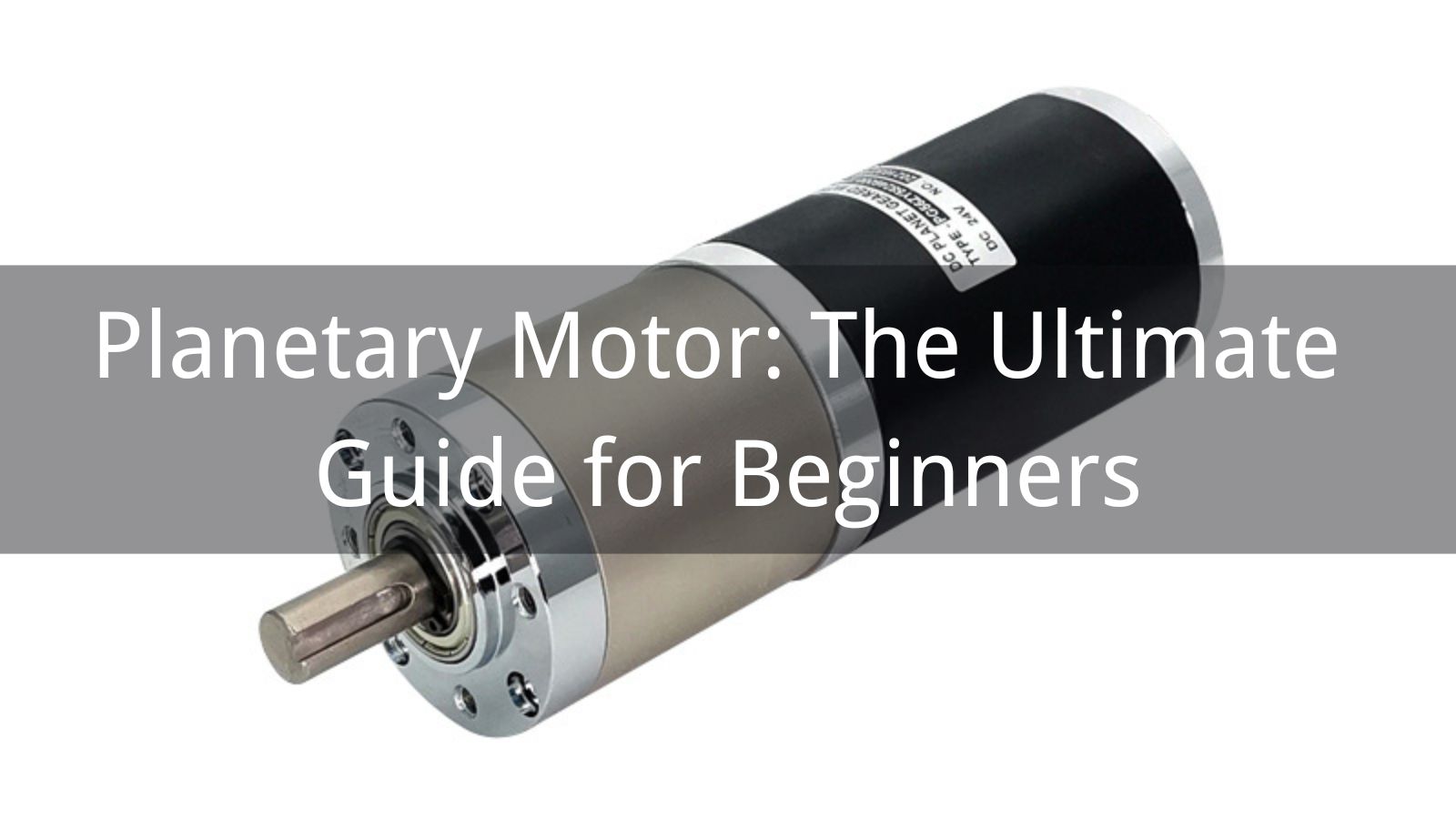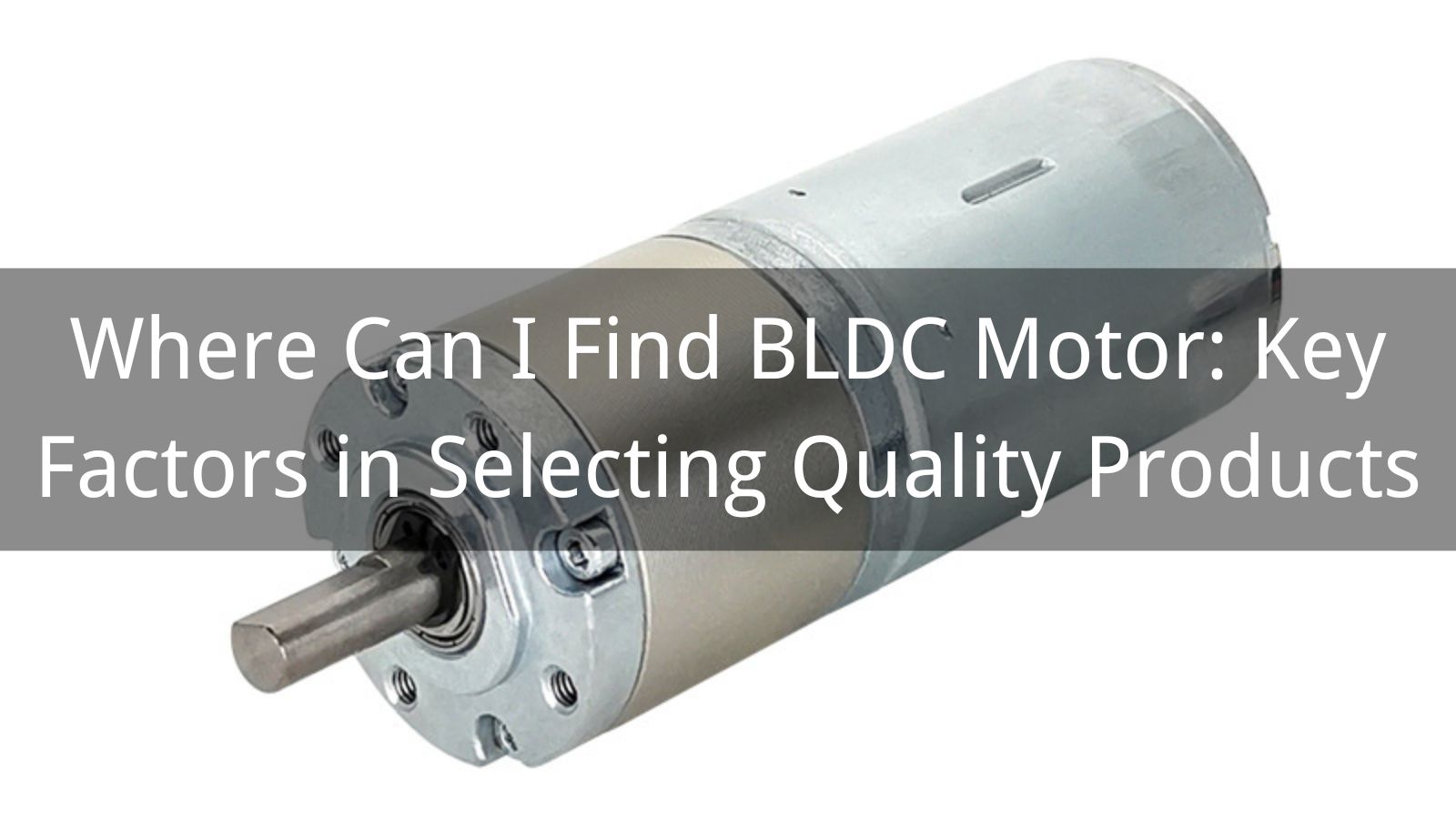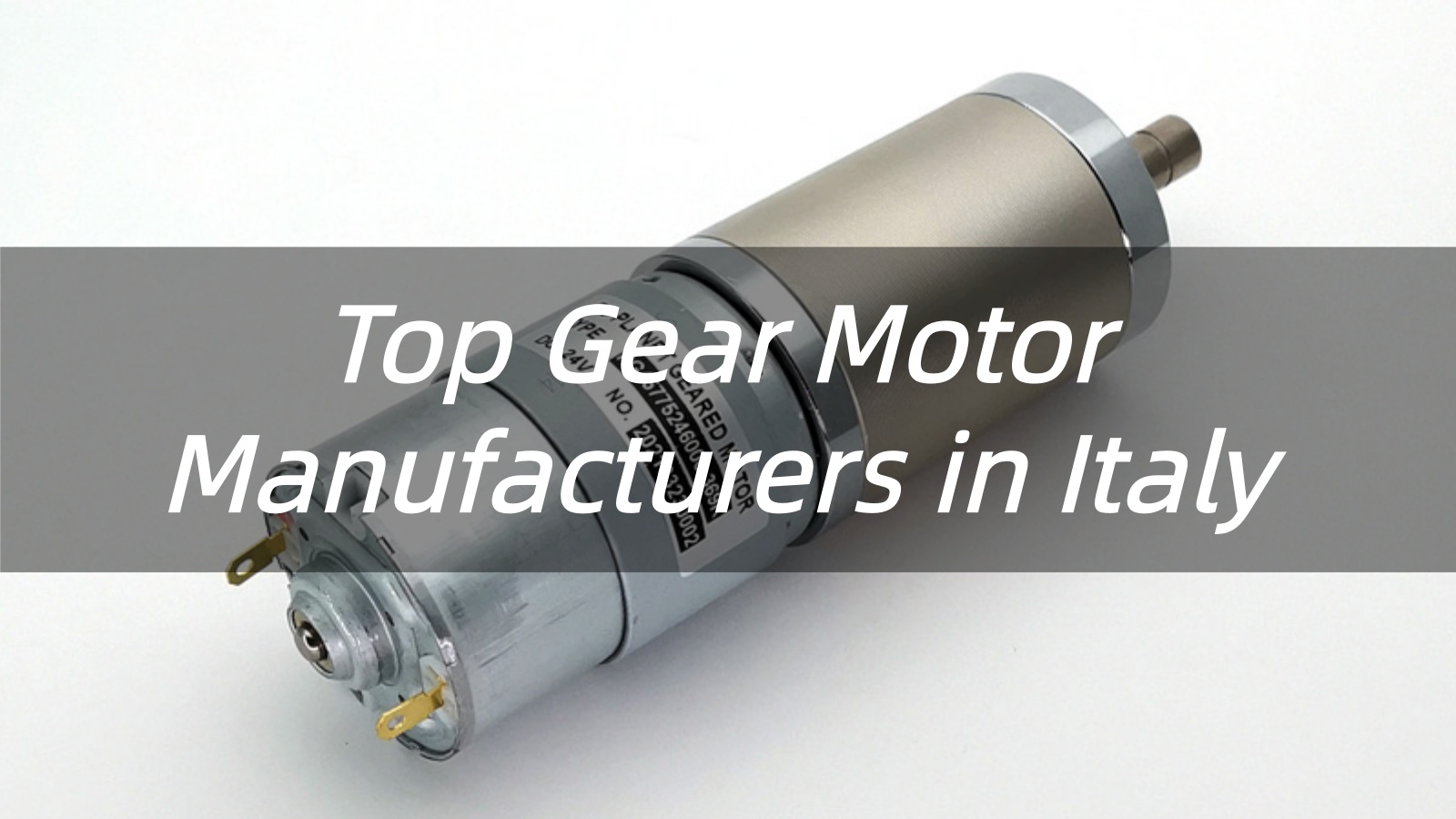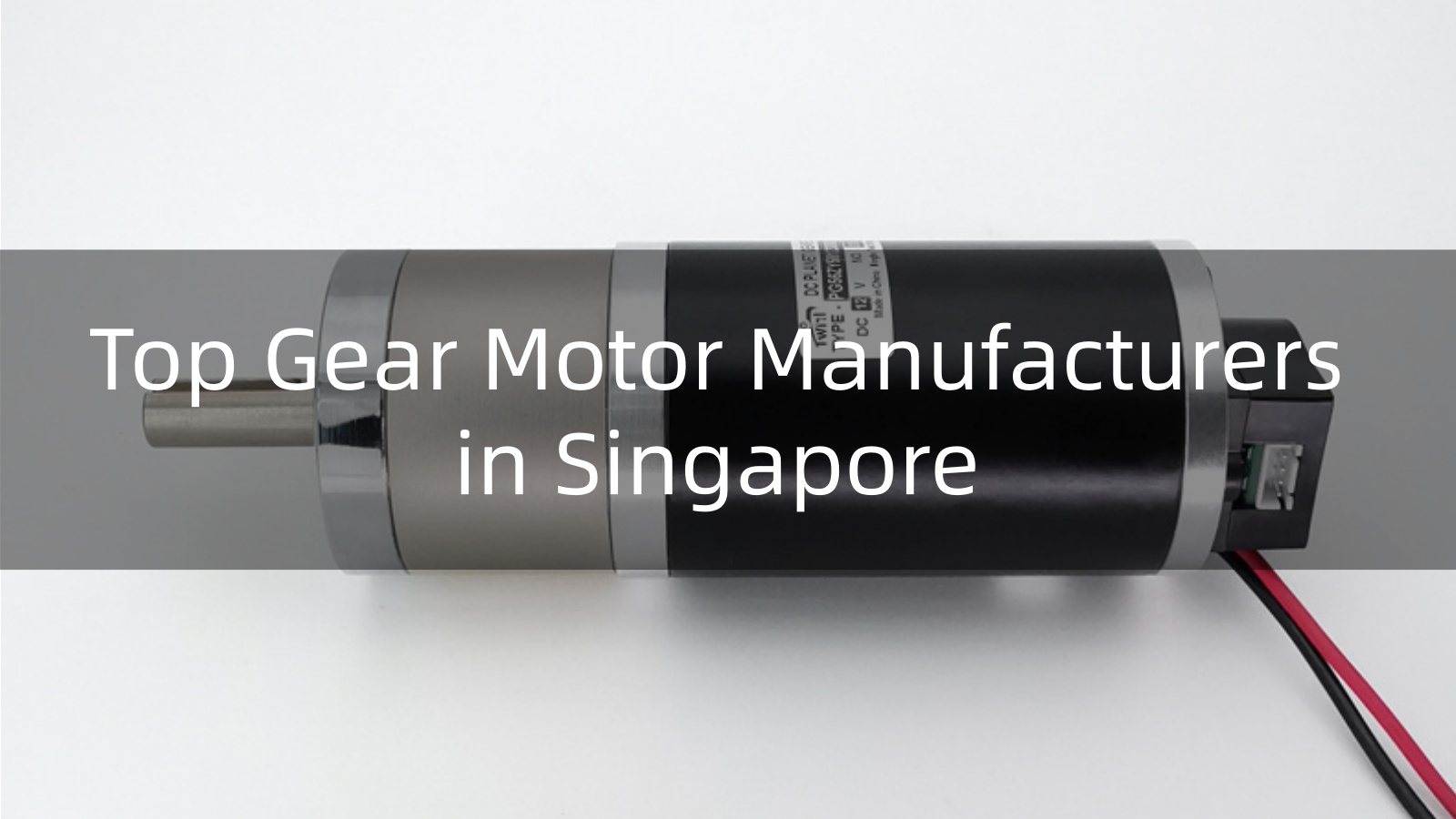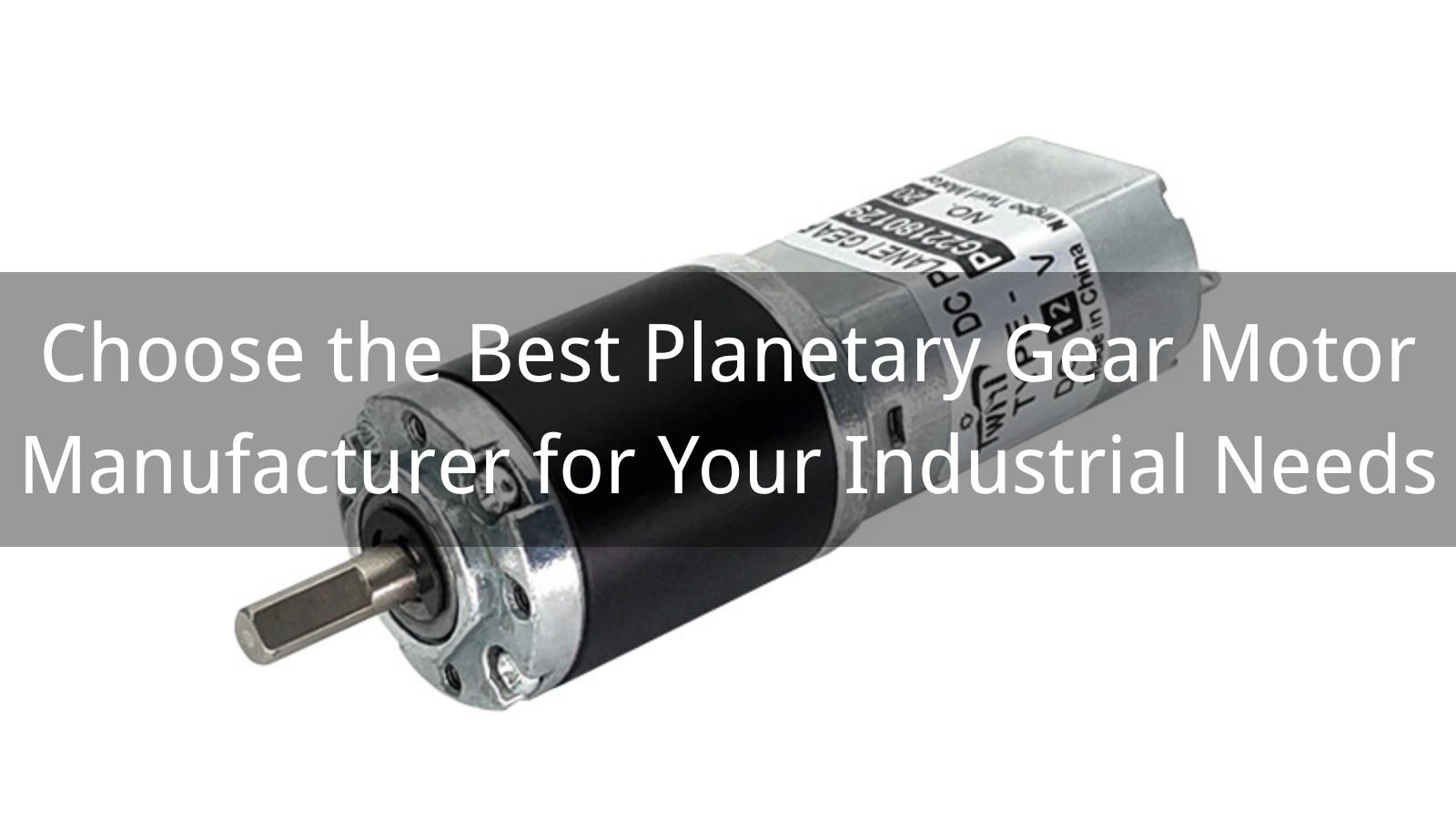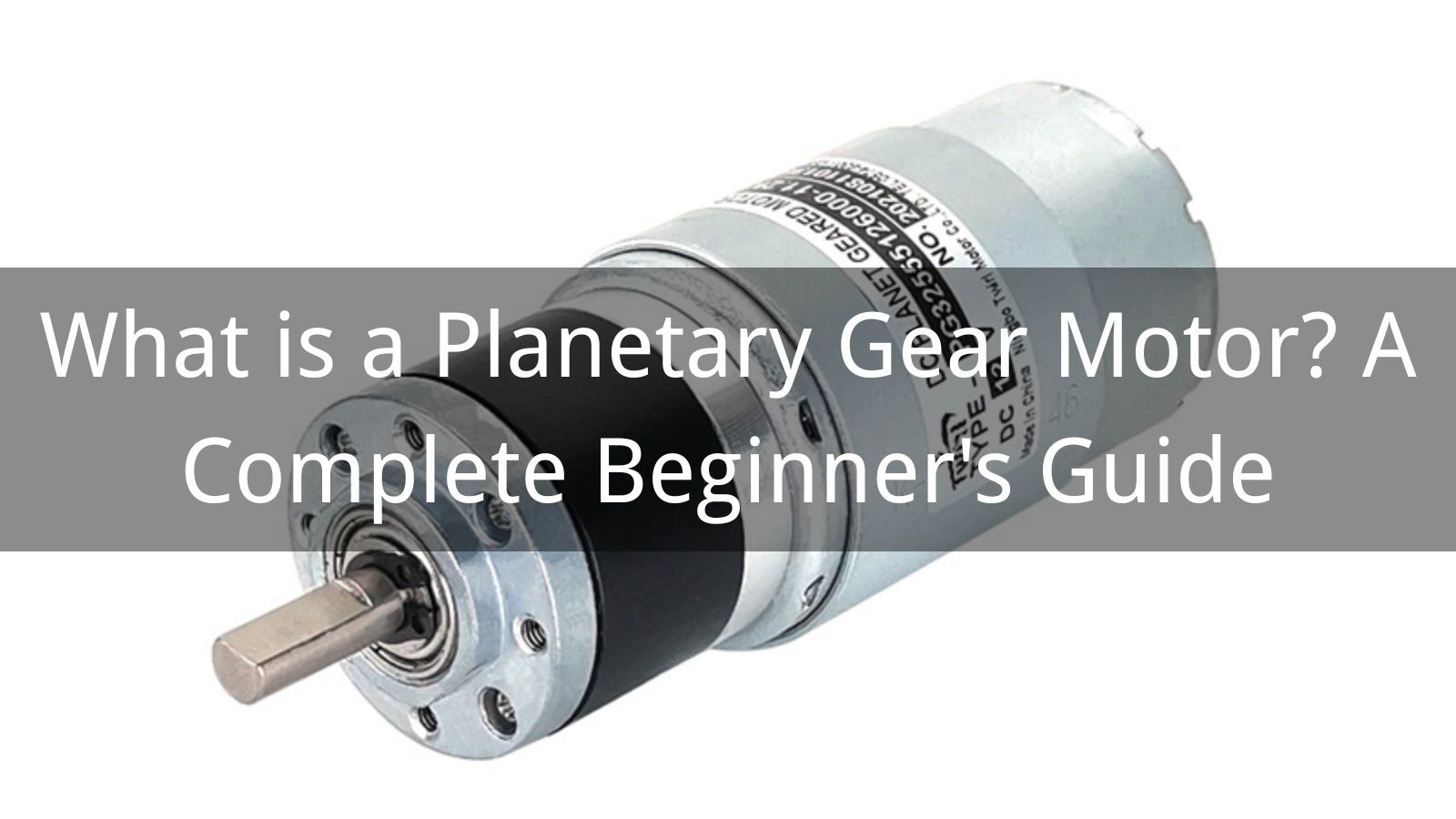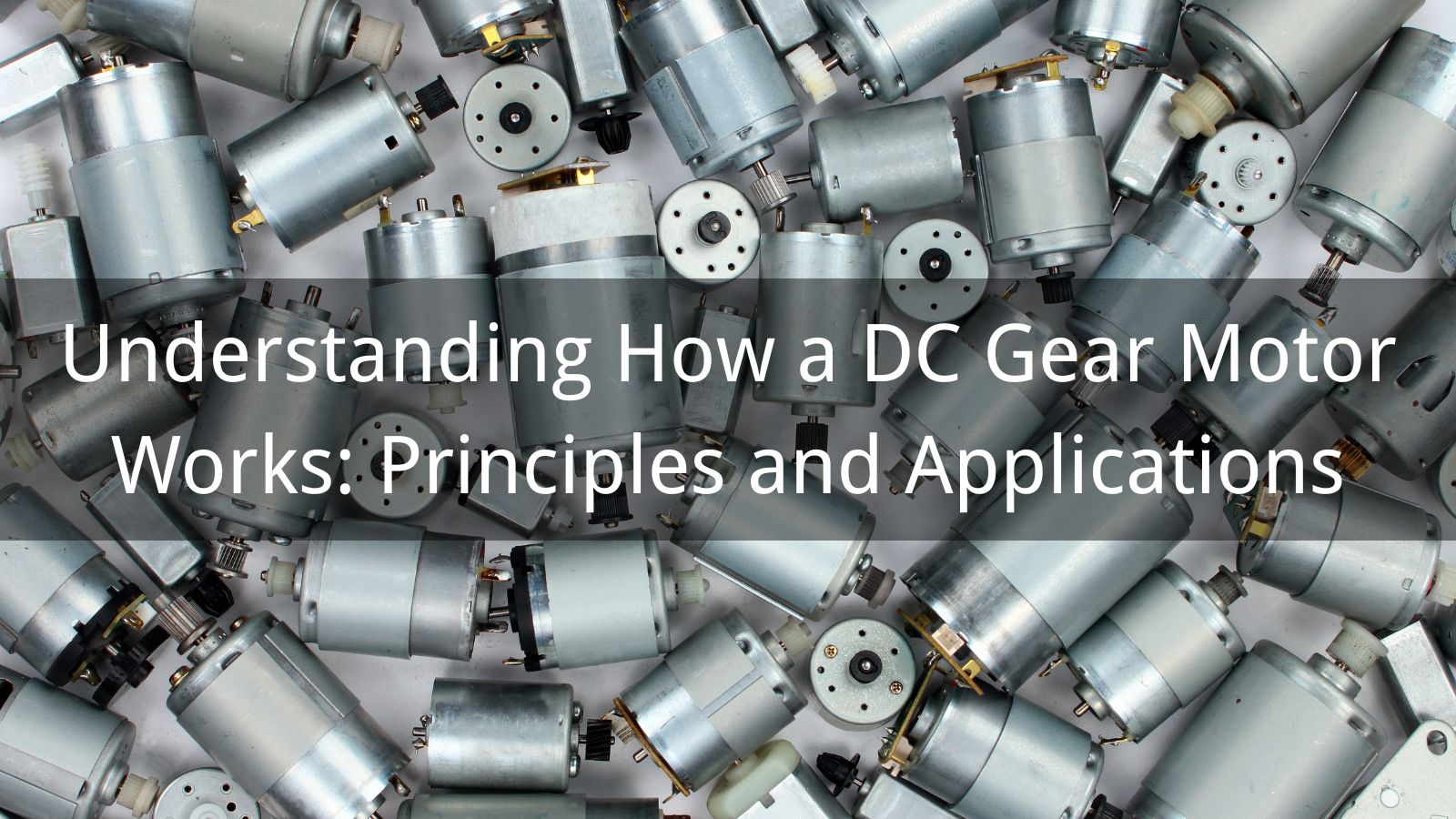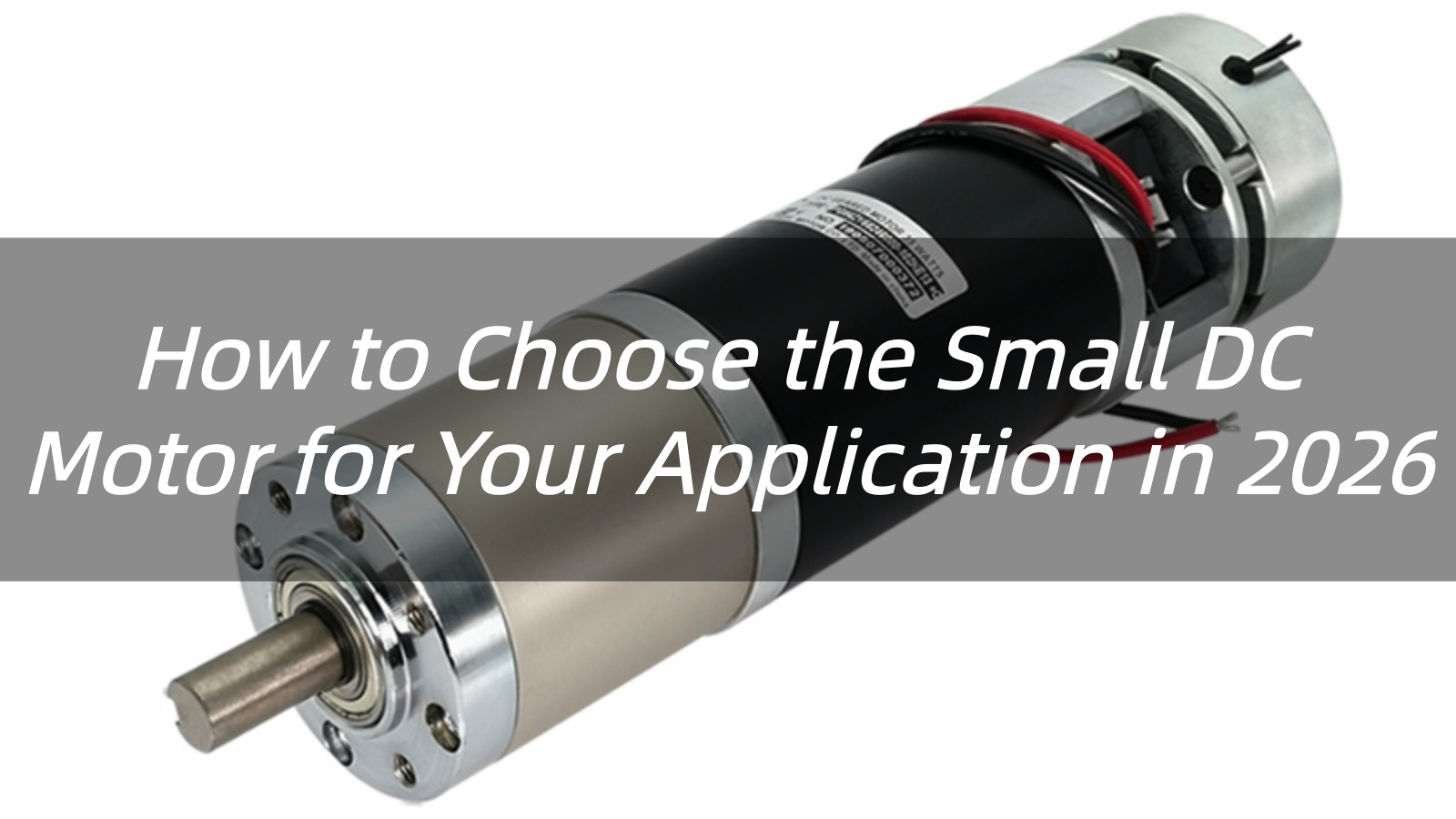Custom Low RPM High Torque Motors for Automation Systems
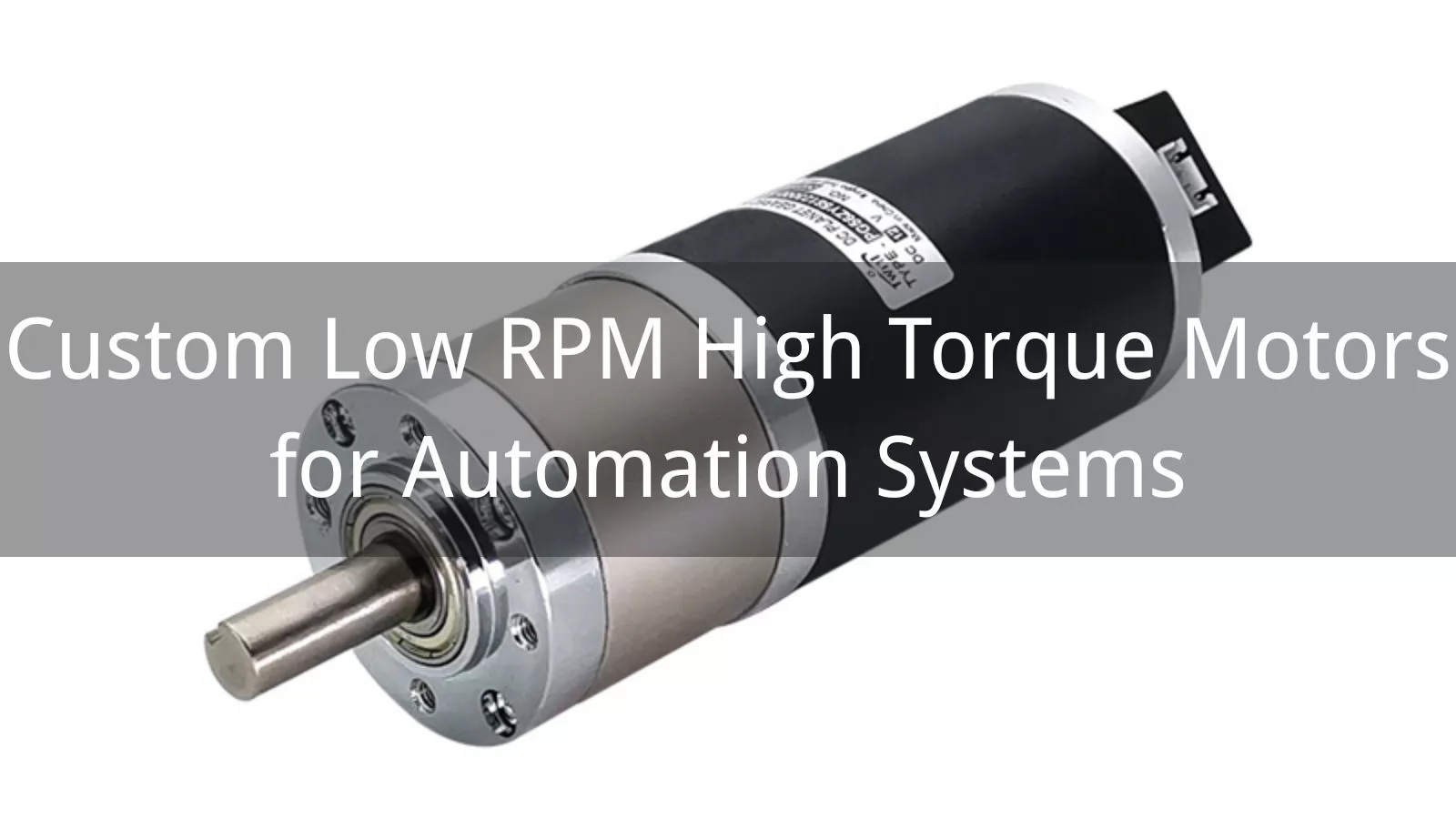
In today's era of intelligent manufacturing and industrial automation, custom low RPM high torque motors play a vital role in delivering precision, stability, and reliability across advanced automation systems. Engineered to provide high torque at low rotational speeds, these motors are essential for applications that require controlled motion, continuous load handling, and consistent performance. From robotic arms and conveyor systems to lifting equipment, packaging machinery, and industrial mixers, a low speed high torque motor ensures smooth operation while maintaining excellent energy efficiency.
Unlike standard motors, custom low RPM high torque motors are specifically designed to match unique application requirements. By optimizing torque curves, voltage configurations, speed control, and motion control compatibility, these motors integrate seamlessly with modern automation platforms such as PLC and servo systems. This level of customization not only improves productivity and operational accuracy but also extends equipment lifespan and reduces maintenance costs. As automation systems become more complex and performance-driven, investing in a custom high torque motor solution is no longer optional—it is a strategic choice for achieving long-term efficiency, precision, and dependable performance.
What Are Low RPM High Torque Motors?
A low RPM high torque motor is a specialized electric motor designed to deliver powerful torque output at low rotational speeds. Unlike conventional high-speed motors that rely on rapid RPM to generate force, low speed high torque motors focus on steady, controlled motion, making them ideal for automation systems, industrial machinery, and precision motion control applications.
In practical use, a low speed high torque motor provides the mechanical strength required to move heavy loads, lift equipment, or drive high-precision components—without relying on complex gear reduction systems. By generating high torque directly at low RPM, these motors enable smoother operation, reduced vibration, and improved system stability in automation environments such as robotic arms, conveyor systems, and packaging machines.
Low RPM high torque motors are available in multiple configurations, including DC motors, AC motors, and brushless torque motors, allowing engineers to select the optimal solution based on power supply, control accuracy, and duty cycle. For example, a low RPM high torque DC motor is commonly used in applications requiring precise speed and torque control, while AC low speed high torque motors are preferred for continuous-duty industrial automation and heavy-load operations.
Overall, low RPM high torque motors play a critical role in modern automation systems where power, precision, and energy efficiency must work together. Whether used in factory automation, robotic integration, or material handling equipment, choosing the right custom low RPM high torque motor ensures long-term reliability, optimal performance, and higher operational efficiency.
Why Automation Systems Require Low RPM High Torque Motors
Modern automation systems demand precise motion control, operational stability, and reliable power delivery — all of which are key strengths of low RPM high torque motors. Unlike traditional high-speed motors that rely heavily on gear reduction, these motors are engineered to operate efficiently at low rotational speeds while delivering consistent, high torque output. This makes low RPM high torque motors for automation systems ideal for applications requiring smooth movement, accurate positioning, and controlled speed.
In industrial automation, low RPM high torque motors are widely used to drive critical components such as conveyor systems, robotic arms, automated assembly lines, and packaging machinery. Their ability to maintain constant torque under varying loads ensures uninterrupted operation and high process reliability. This is especially valuable in material handling, smart manufacturing, and factory automation, where precision, energy efficiency, and uptime directly affect productivity and cost control.
Another key advantage of custom low RPM high torque motors is their ability to minimize vibration, noise, and mechanical stress. Operating at lower speeds significantly reduces wear on bearings, gears, and transmission components, extending the service life of both the motor and the overall automation system. By selecting a customized low RPM high torque motor, manufacturers can precisely match torque, speed, voltage, and control parameters to specific application requirements — enhancing performance, safety, and long-term reliability.
From automated production cells to high-precision robotic equipment, low RPM high torque motors for automation systems provide the perfect balance of power, control, and durability. These motors form the foundation of efficient, intelligent, and cost-effective automation solutions, enabling industries to achieve smoother motion control, higher efficiency, and sustainable operational growth.
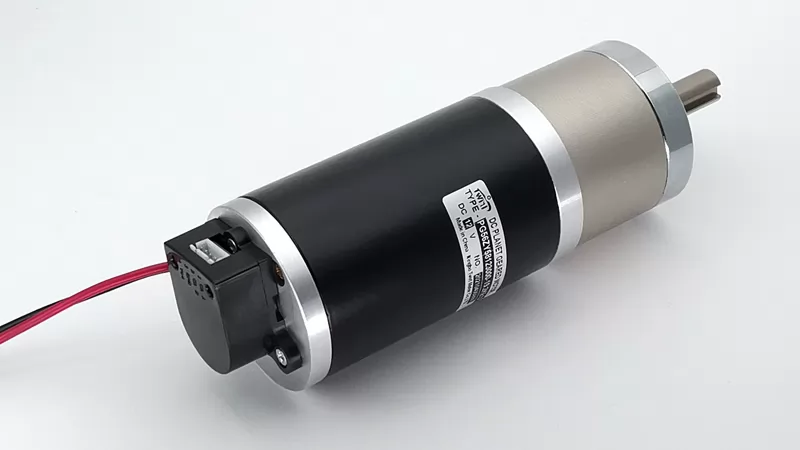
Benefits of Custom Low RPM High Torque Motors
- Optimized Torque Performance
Custom low RPM high torque motors are engineered to deliver stable, high torque output at low rotational speeds, making them ideal for precision-driven automation systems. By producing torque directly without excessive gear reduction, these motors ensure smoother motion control, reduced mechanical stress, and improved positioning accuracy. As a result, low rpm high torque motors significantly enhance machine reliability and operational consistency in industrial automation environments.
- Enhanced Energy Efficiency
Designed to match specific load and speed requirements, custom low RPM high torque motors optimize energy usage while maintaining powerful output. Unlike standard motors, these custom torque motors minimize energy loss caused by inefficient gear systems and unnecessary high-speed operation. This targeted design approach helps automation systems reduce power consumption, lower operating costs, and achieve long-term energy efficiency in demanding industrial applications.
- Seamless System Integration
Custom low RPM high torque motors can be precisely configured to match your automation system's voltage, control interface, and mounting specifications. Whether integrating with PLCs, servo drives, or motion controllers, custom torque motors ensure smooth compatibility and simplified installation. This level of customization allows manufacturers to seamlessly incorporate low rpm high torque motors into complex automation machinery without costly redesigns or performance compromises.
- Extended Lifespan and Reliability
High-quality custom low RPM high torque motors are built to withstand harsh industrial conditions, including heat, vibration, and continuous operation. Optimized internal structures and durable materials reduce wear on critical components, extending service life and minimizing downtime. By choosing reliable low rpm high torque motors for automation systems, businesses benefit from lower maintenance costs and long-term operational stability.
- Flexible Customization Options
Manufacturers offer extensive customization options for low RPM high torque motors, including brushless motor designs, waterproof or dustproof housings, and optimized gear ratios. These flexible configurations allow businesses to deploy custom torque motors tailored to specific automation tasks, load conditions, and environmental requirements. Such adaptability ensures optimal performance and scalability across diverse industrial automation applications.
Key Design Features to Consider
- Torque and Speed Requirements
When designing a low RPM high torque motor for automation systems, clearly defining torque and speed requirements is the first priority. Engineers should calculate load weight, operating speed, duty cycle, and acceleration needs to ensure the motor delivers stable high torque at low RPM. Proper torque matching prevents overheating, improves energy efficiency, and guarantees smooth, reliable performance in demanding industrial automation applications.
- Motor Type
Choosing the right motor type is critical for custom automation solutions. DC, AC, and brushless low RPM high torque motors each offer distinct advantages in efficiency, control accuracy, and maintenance. Brushless torque motors are widely preferred for industrial applications due to their high precision, longer service life, and reduced maintenance, making them ideal for advanced automation and motion control systems.
- Mounting and Housing Options
Mounting configuration and housing design directly impact system integration. A custom low RPM high torque motor should match existing mechanical structures while providing strong protection against dust, moisture, and vibration. Selecting durable housing materials and flexible mounting options ensures reliable operation, extends motor lifespan, and maintains consistent torque output in industrial automation environments.
- Control and Integration Compatibility
Seamless control integration is essential for modern automation systems. Low RPM high torque motors must be compatible with PLCs, servo drives, and motion controllers to achieve precise speed and torque control. Custom-designed motors simplify system integration, enhance motion accuracy, and improve responsiveness in applications such as robotic arms, conveyors, and automated production lines.
- Environmental and Safety Considerations
Industrial environments often involve extreme temperatures, humidity, chemicals, or hazardous conditions. Selecting low RPM high torque motors with appropriate insulation, waterproof designs, or explosion-proof features ensures long-term reliability and safety. Proper environmental protection reduces failure risks, supports continuous operation, and makes custom torque motors suitable for harsh and high-demand industrial applications.
Applications of Low RPM High Torque Motors in Automation
Low RPM high torque motors play a vital role in modern industrial automation systems, delivering reliable power, precise speed control, and consistent torque where conventional high-speed motors often fall short. These motors are especially suitable for automation applications that demand smooth motion, high torque at low speeds, and stable performance under heavy loads, making them indispensable in advanced manufacturing environments.
Conveyor & Material Handling Systems
One of the most common applications of low RPM high torque motors in automation is in conveyor and material handling systems. These motors provide steady, controlled movement of products, helping prevent slippage, reduce mechanical shock, and minimize wear on belts, rollers, and gear components. By delivering high torque at low rotational speeds, they improve system reliability while lowering maintenance costs and energy consumption.
Robotics & Automated Arms
In robotics and automated arm systems, low RPM high torque motors supply the precise torque required for accurate positioning and smooth motion control. This makes them ideal for pick-and-place operations, assembly lines, and precision manufacturing tasks. Their ability to maintain torque consistency under varying loads ensures higher accuracy, repeatability, and overall production efficiency.
Food Processing, Mixing & Industrial Equipment
Industries such as food processing, mixing, and blending rely heavily on low speed high torque motors for gentle yet powerful operation. These motors enable controlled stirring, kneading, and mixing without damaging delicate materials, while still delivering sufficient force for continuous operation. Their low-speed, high-torque design also reduces vibration and noise, improving equipment stability and product quality.
Smart Factory & PLC-Controlled Automation
In smart factory automation, low RPM high torque motors integrate seamlessly with PLCs, servo drives, and motion control systems. They are widely used in lifting devices, packaging machines, automated workstations, and other intelligent industrial equipment. Custom motor configurations further enhance system compatibility, allowing engineers to optimize performance, improve energy efficiency, and support Industry 4.0 requirements.
Choosing the Right Motor for Automation Applications
By selecting the right custom low RPM high torque motor, engineers and system integrators can significantly enhance operational efficiency, extend equipment lifespan, and achieve precise motion control. Whether applied in conveyors, robotics, processing equipment, or smart automation systems, these motors provide a reliable and
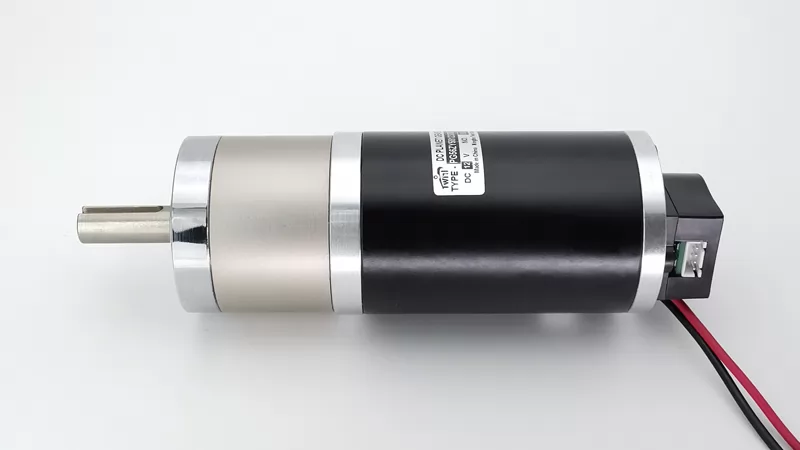
Custom Motor Manufacturing Process
The custom low RPM high torque motor manufacturing process starts with an in-depth technical consultation to fully understand the specific demands of your automation system. Experienced engineers evaluate critical parameters such as required torque output, operating speed (RPM), voltage range, duty cycle, and environmental conditions. This ensures the motor design delivers optimal performance for industrial automation applications where high torque at low speed is essential.
Once the specifications are confirmed, a custom high torque low speed motor prototype is developed using precision machining, optimized electromagnetic design, and high-quality industrial materials. This stage focuses on maximizing durability, energy efficiency, and smooth low-speed operation, helping reduce vibration and mechanical wear in long-term automation use.
During production, every low RPM high torque motor undergoes rigorous performance testing, including torque verification, thermal stability analysis, and electrical safety evaluation. Advanced quality control systems ensure consistent reliability, making these motors ideal for demanding automation systems, such as conveyors, robotic equipment, and material handling machinery.
To support seamless integration, custom motor manufacturing also offers flexible customization options, including mounting configurations, shaft designs, housing materials, and control interfaces. These options allow each motor to integrate effortlessly with existing mechanical structures, PLCs, and motion control systems.
By partnering with a trusted custom motor manufacturer, businesses benefit from comprehensive OEM and ODM motor solutions that enhance system efficiency, reduce maintenance costs, and extend equipment lifespan. From initial concept and engineering design to final production and delivery, the manufacturing process ensures every custom low RPM high torque motor is precisely tailored to meet the evolving demands of modern industrial automation.
How to Choose the Right Low RPM High Torque Motor for Your System
Selecting the right low RPM high torque motor is critical for achieving precision, efficiency, and long-term reliability in your automation system. Making the right choice ensures smooth operation, reduces maintenance, and maximizes energy efficiency in demanding industrial applications.
Define Your Load and Torque Requirements
The first step in choosing a low RPM high torque motor is to understand your system's load, torque, and performance needs. Accurate torque calculations help prevent motor overload, improve motion control, and ensure consistent operation for heavy-duty machinery, conveyors, or robotic systems.
Consider Speed and Control Specifications
Different automation systems may require DC, AC, or brushless low RPM motors, depending on your application. Some setups also demand integration with servo controllers or PLCs for precise positioning and feedback. Selecting a motor compatible with your control system ensures optimal performance, reduces energy consumption, and supports smooth operation across precision machinery and automated equi
Evaluate Environmental Conditions
Industrial environments often expose motors to dust, moisture, high temperatures, or vibration. Choosing low RPM high torque motors with robust housings and protective features ensures long-lasting performance. For specialized needs, custom motor solutions allow tailored voltage, mounting, or speed configurations, making them ideal for robotics, conveyors, and other precision industrial applications.
Work with a Reputable Custom Motor Manufacturer
Partnering with a professional motor manufacturer guarantees access to engineering guidance, prototyping, and performance testing. Experienced suppliers can help customize your low RPM high torque motor to match exact requirem
Conclusion: Drive Precision with Custom Torque Motors
In today's fast-evolving industrial automation landscape, custom low RPM high torque motors are crucial for achieving precise motion control and reliable performance across a wide range of applications. Selecting the right low speed high torque motor allows engineers and manufacturers to boost efficiency, minimize maintenance, and ensure smooth, uninterrupted operation in robotics, conveyors, packaging machinery, and specialized industrial systems.
Partnering with a trusted custom torque motor manufacturer ensures that your motor is engineered to meet exact torque, speed, and environmental specifications, delivering optimal performance and durability for every automation system.
Take the next step toward precision-driven automation: contact our team today to design your custom low RPM high torque motor and elevate your operations with unmatched performance, reliability, and efficiency.
-
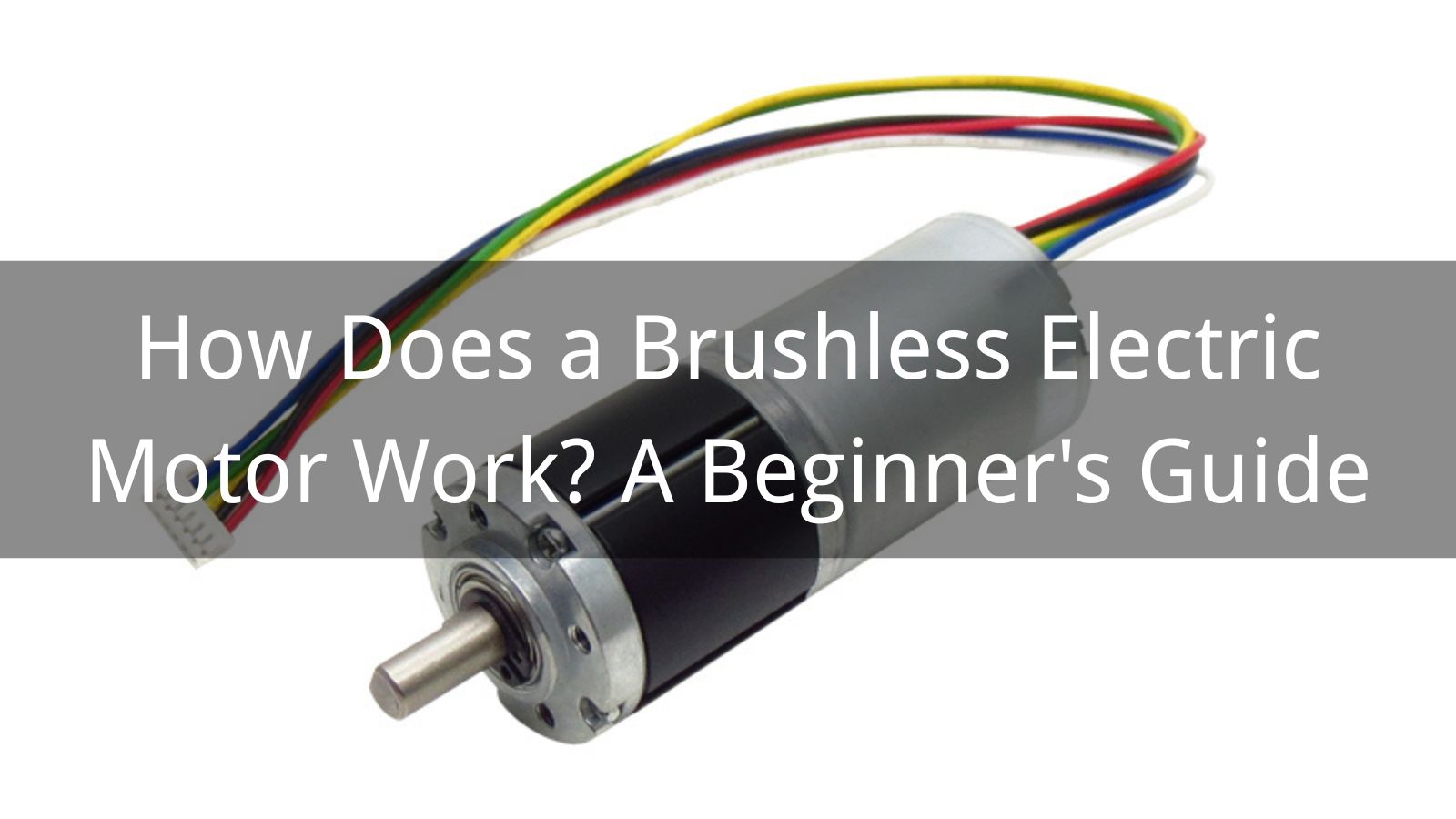 Aug 22, 2025How Does a Brushless Electric Motor Work? A Beginner's Guide
Aug 22, 2025How Does a Brushless Electric Motor Work? A Beginner's Guide -
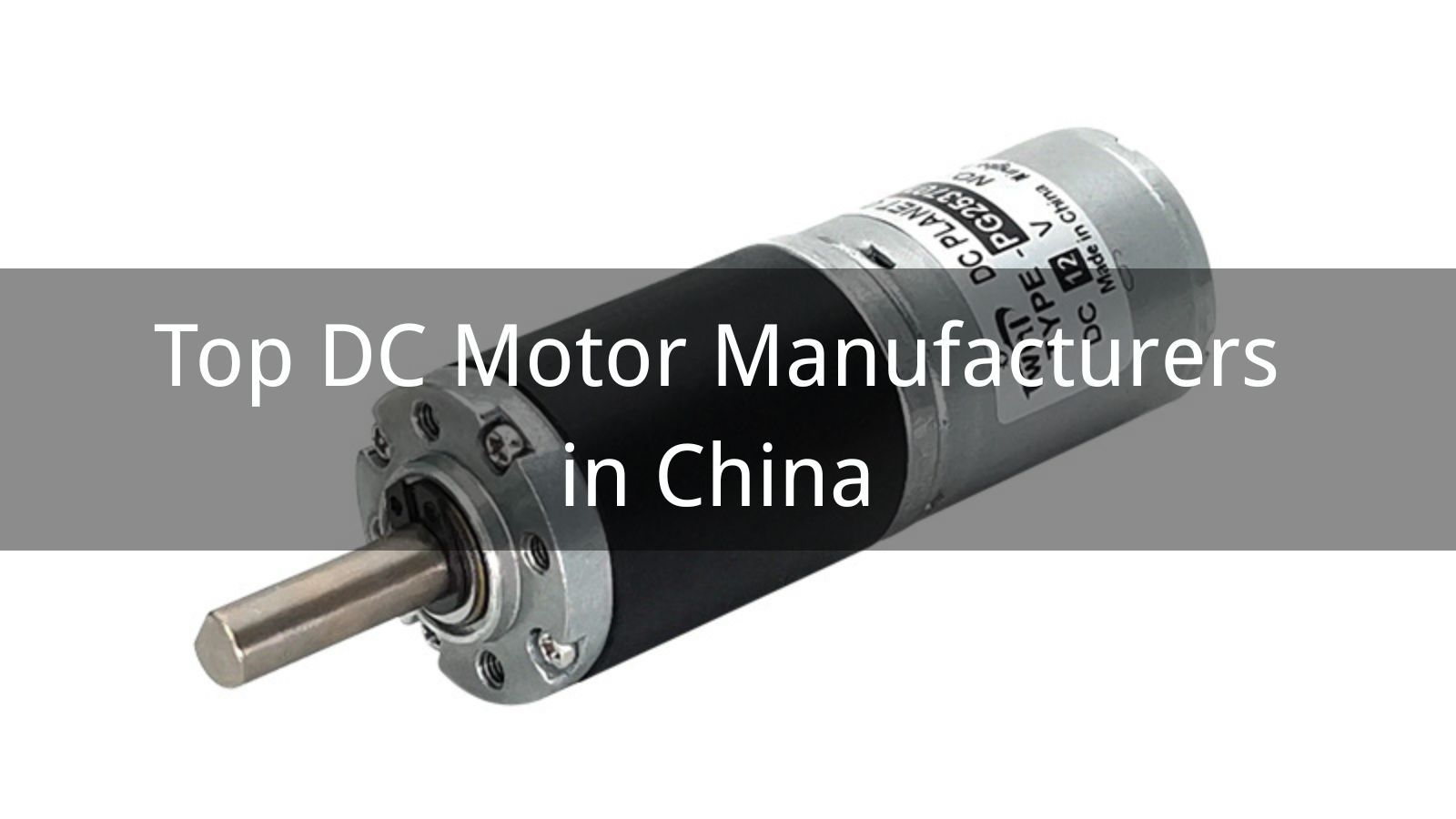 Sep 16, 2025Top 10 DC Motor Manufacturers in China 2025
Sep 16, 2025Top 10 DC Motor Manufacturers in China 2025 -
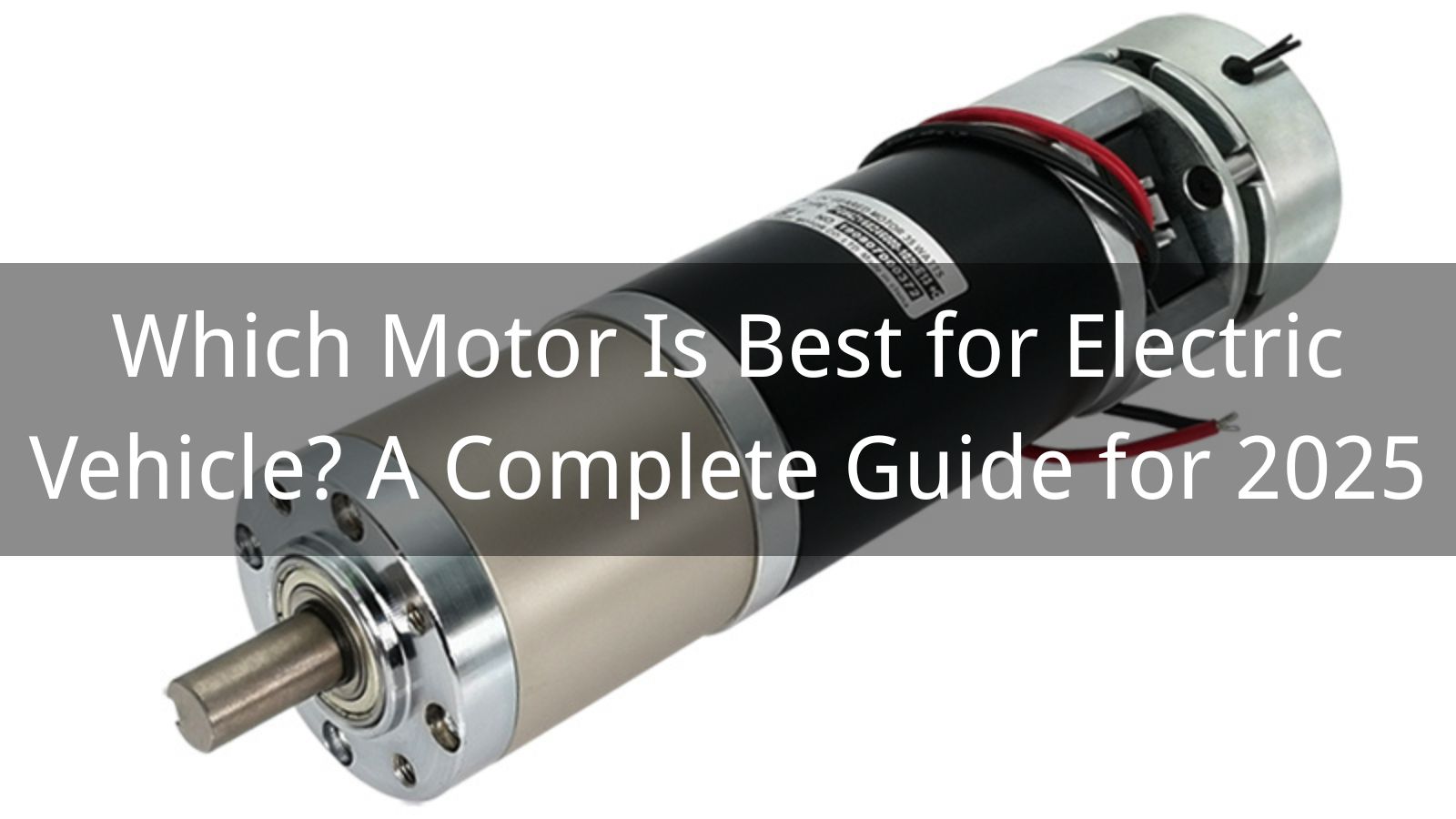 Aug 21, 2025Which Motor Is Best for Electric Vehicle? A Complete Guide for 2025
Aug 21, 2025Which Motor Is Best for Electric Vehicle? A Complete Guide for 2025 -
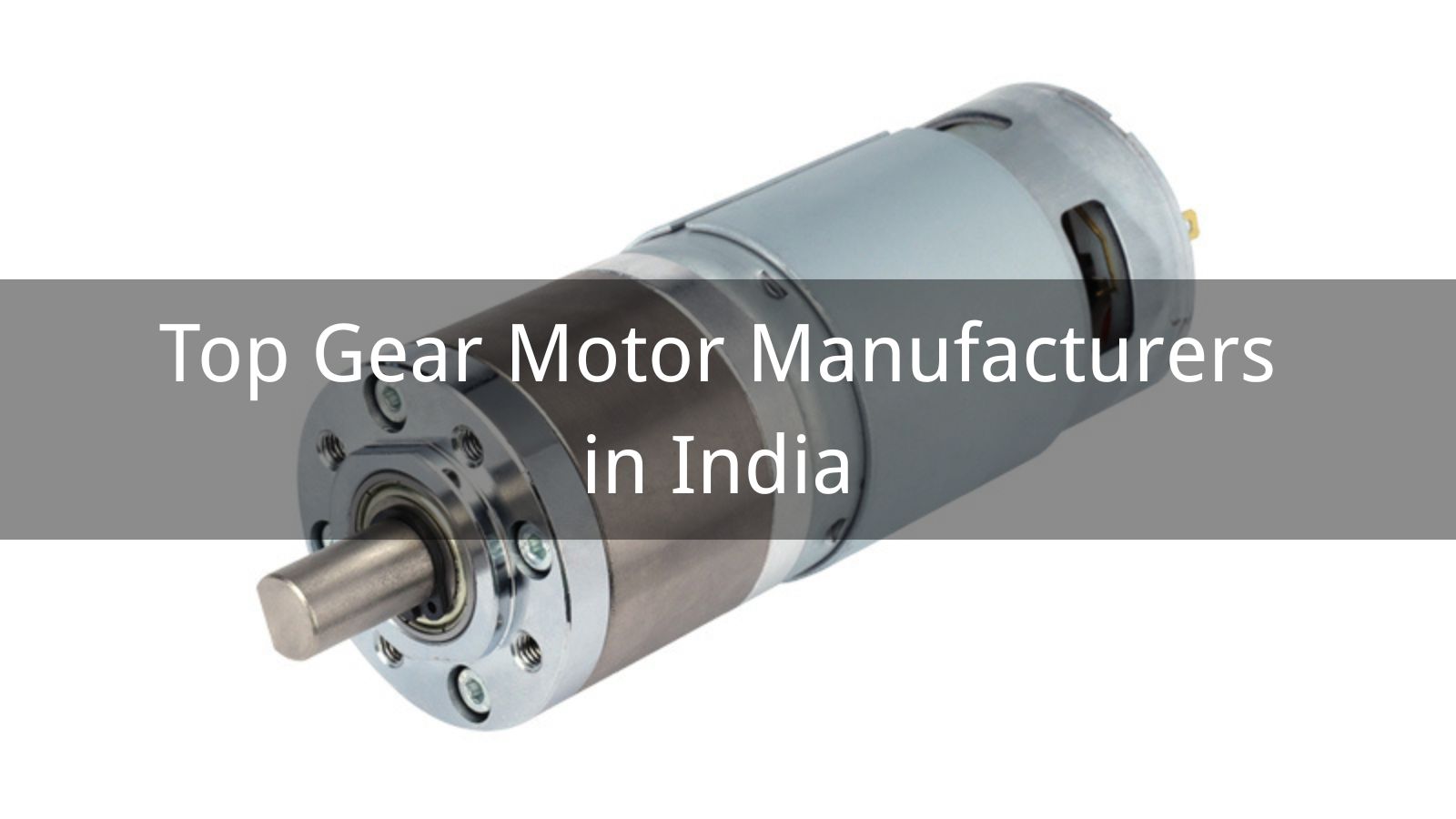 Sep 05, 2025Top 10 Gear Motor Manufacturers in India 2025
Sep 05, 2025Top 10 Gear Motor Manufacturers in India 2025
